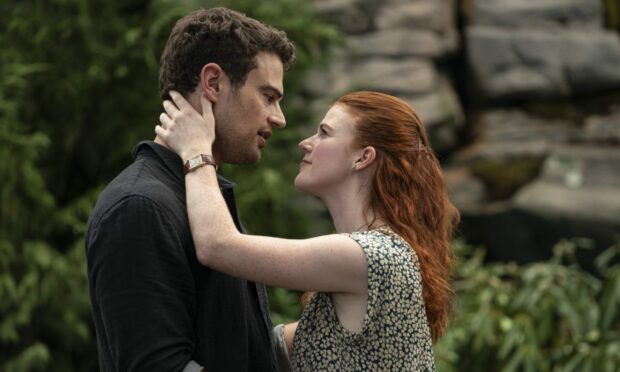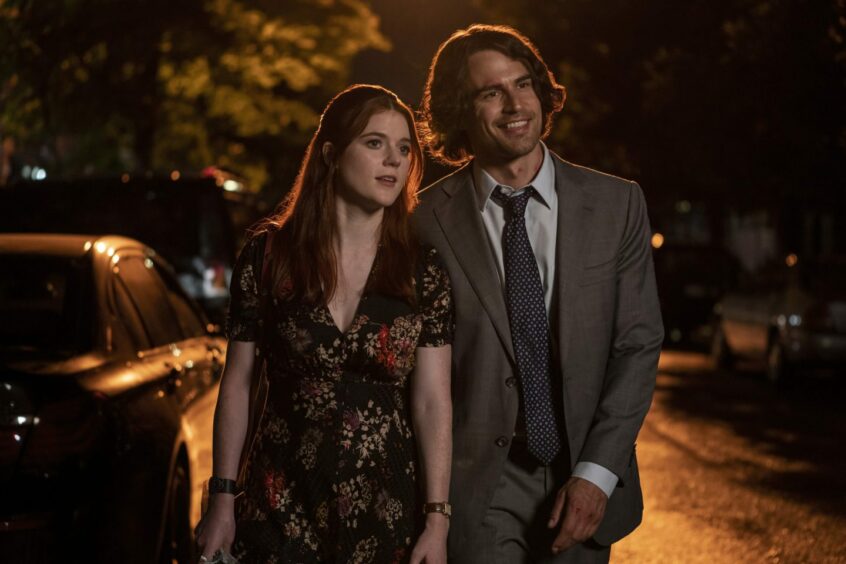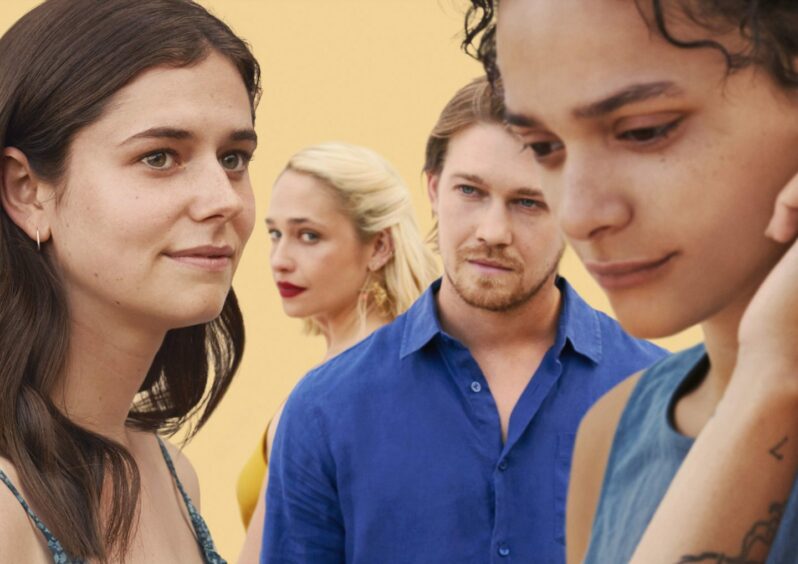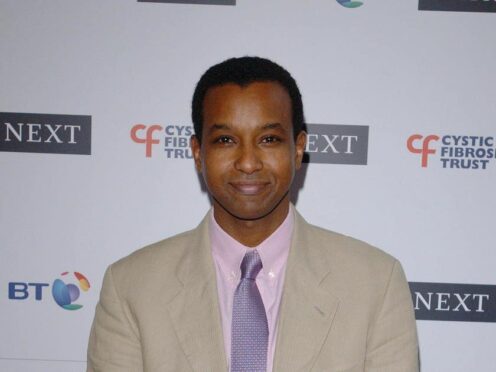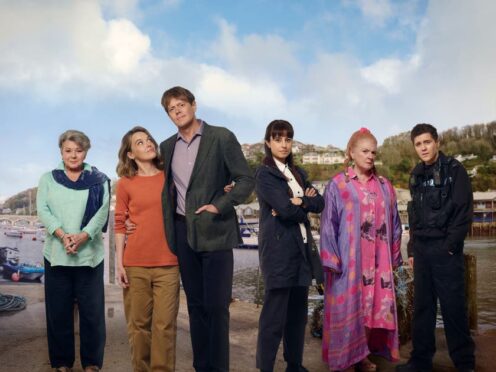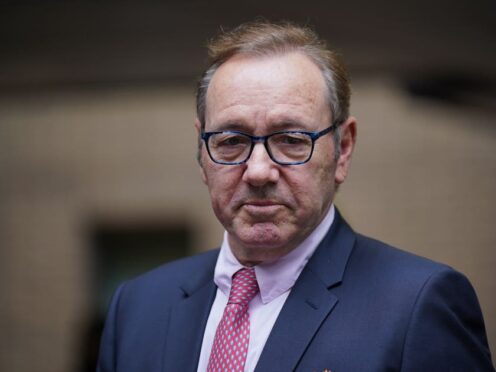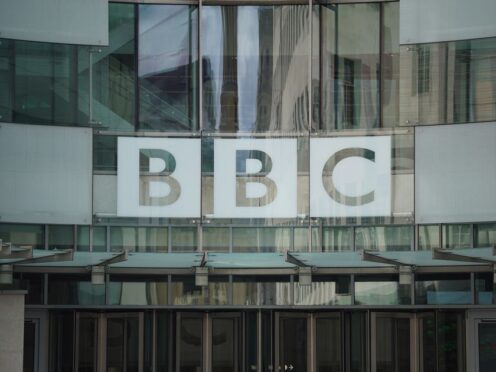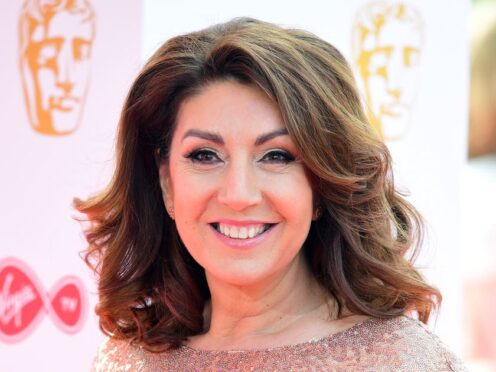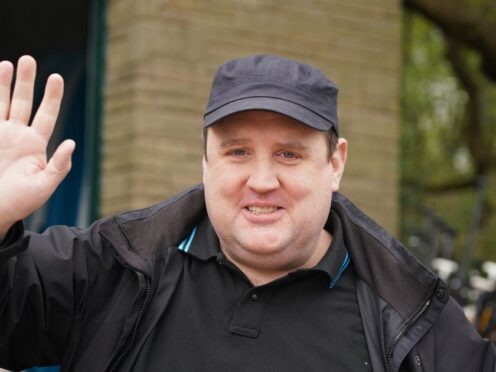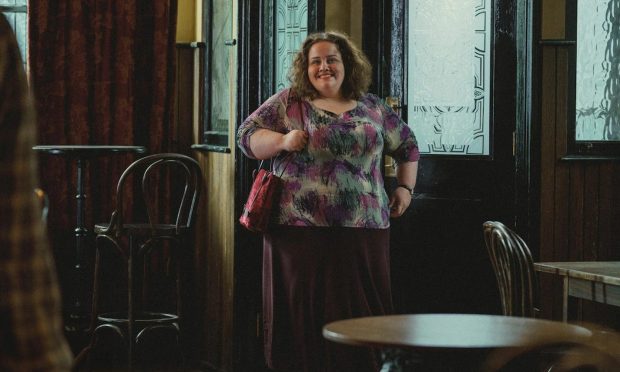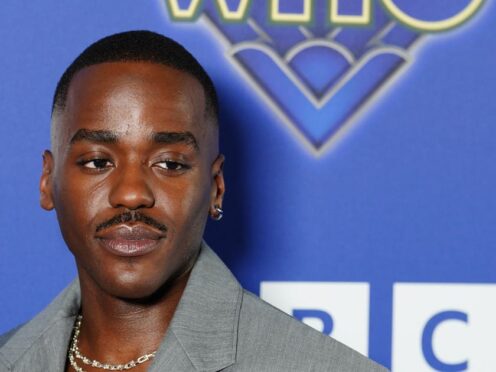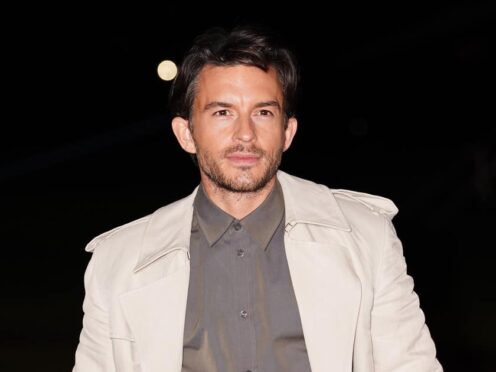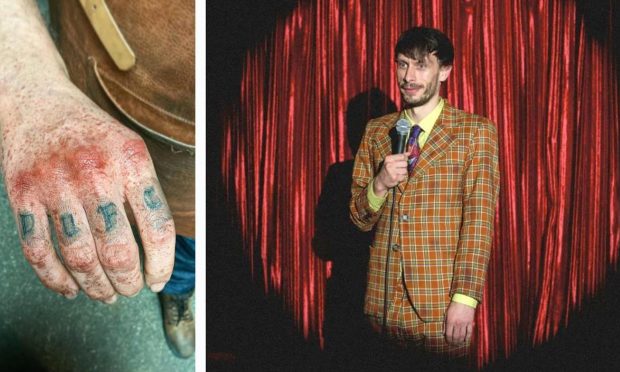It would be fun to pore over all the details of Eurovision which everyone discussed last week.
You know, Ukraine didn’t have a great song but were still worthy winners, the UK’s surprisingly great result showed the benefits of not turning up with a bad song then sulking that no-one likes us, and Graham Norton is a broadcasting idol…
But a lot of other telly’s happened since then.
Two of the highlights of the week were very different romantic dramas.
The Time Traveller’s Wife
Let’s begin with sometime Doctor Who and Sherlock showrunner Steven Moffat’s adaptation of Audrey Niffenegger’s 2003 novel The Time Traveler’s Wife (Sky Atlantic), for all those who didn’t catch the 2009 film adaptation starring Eric Bana and Rachel McAdams.
The concept is simple, but no doubt devilishly complex if you’re Niffenegger or Moffat planning it out on an enormous wallchart at home.
Timelocked Clare (Rose Leslie) meets late twentysomething Henry (Theo James) in the library where he works for the supposed first time – the only point at which she has him at a disadvantage, rather than the other way around.
An involuntary time traveller
Henry is an involuntary time traveller, skipping back and forward to different points in his life, leaving a bundle of clothes behind and involuntarily vomiting when he reaches his destination.
The first time he befriends Clare is when she’s a child playing in the woods, and present-day Clare knows that sometime in her own future the pair will end up married.
Potentially it’s a devilishly complex and perhaps unsettlingly weird premise.
Moffat does a great job of keeping everything light and uncomplicated, leaning heavily on Leslie and James’ charming performances and easy chemistry.
Types of attraction
The premise and inevitable questions as to whether Henry knows his own fate are engaging, but there’s also a rich vein which digs into Clare’s different types of attraction to fit, young, boorish Henry, and his older, greying, more sensitive version.
The ‘two’ men meet and dislike each other / themselves instantly.
Doctor Who, of course, was a good training ground for this story.
Fans might be surprised at the similarities with the relationship between Moffat’s Doctor (Matt Smith) and Amy (Karen Gillan). Yet his new series still feels fresh and unmissable.
Conversations With Friends
Conversations With Friends (BBC Three) is another adaptation.
This time of Irish writer Sally Rooney’s 2017 debut novel, whose follow-up Normal People appeared on the BBC in 2020.
It tells of Dublin girlfriends and spoken word poets Frances (Alison Oliver) and Bobbi (Sasha Lane), and their growing, complicated friendship with Melissa (Jemima Kirke) and her actor husband Nick (Joe Alwyn).
Like a kind of po-faced version of ‘90s flatshare drama This Life without the black humour, Conversations With Friends is essentially a tale of attractive young people trying to have sex, although they’re not entirely sure who with. Or not yet anyway, it’s early days.
Written by playwright Alice Birch and directed by Academy Award nominee (for the 2015 adaptation of Emma Donoghue’s Room) Lenny Abrahamson, the show pivots on a wonderfully understated lead performance from Oliver.
Not a lot happens, although that’s never a reason to slate anything, as long as things fail to happen with as much thoughtful beauty as here.
